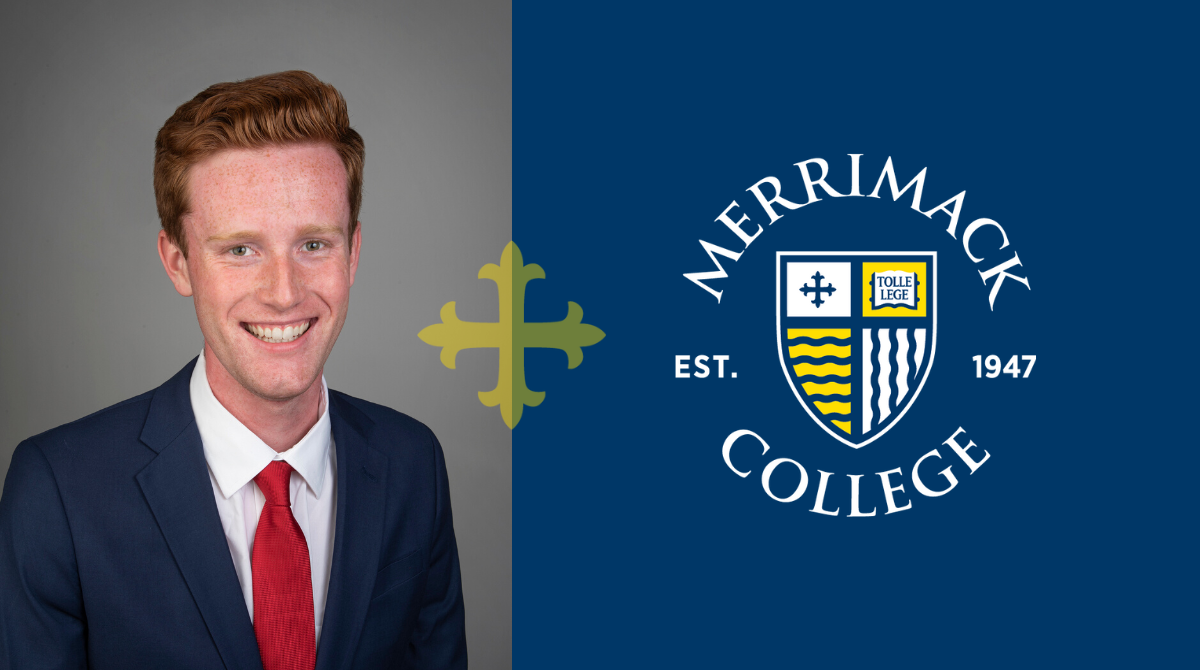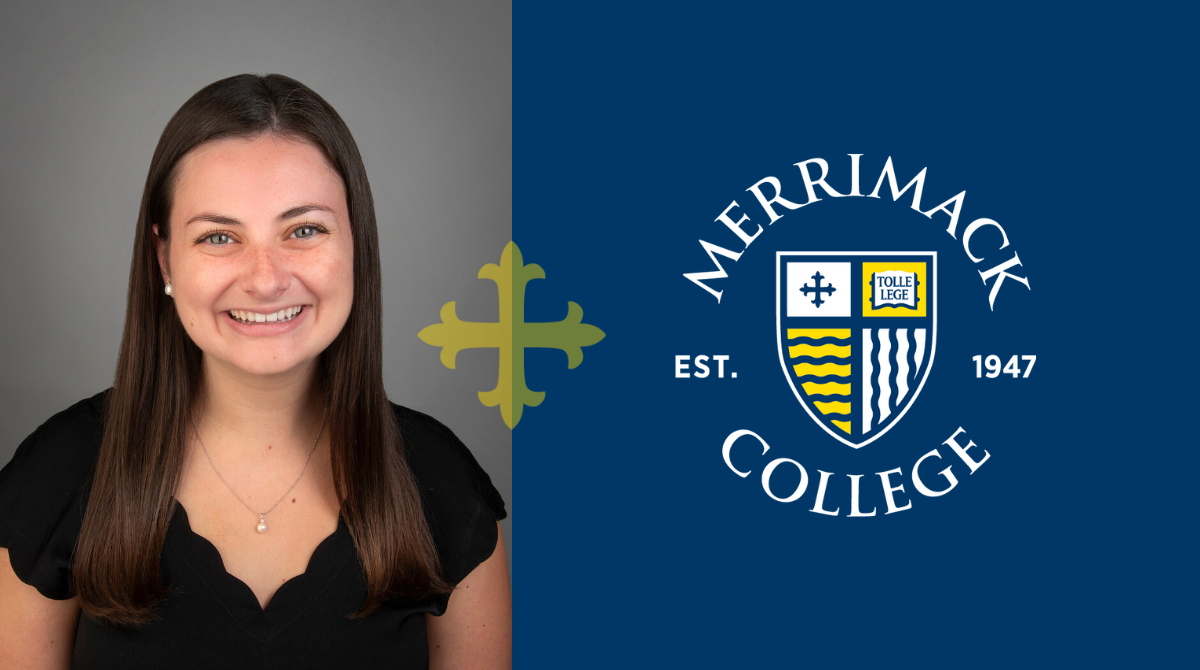The Merrimack College Honors Program brings together the brightest in our student community who are eager to challenge themselves intellectually and to participate in enriching experiences for personal and professional success.
The program offers a number of opportunities, including:
In addition to classes, the Honors Program stays true to Merrimack’s Augustinian tradition and fosters community, leadership and friendship within the program and beyond.
Merrimack Honors students have an average 4.1 high school G.P.A. demonstrating their commitment to academic excellence.
90% of our Honors students stay enrolled at Merrimack College.
Merrimack recruits the top 10% of high-school applicants (in any major) to join the Honors Program annually.
You'll receive a scholarship exclusive to Honors Program students.
Be prepared to enter the workforce with guaranteed internships and the potential to work a six month co-op.
You'll receive priority access to courses as a member of the Honors Program.
Get advising on accelerated graduation, graduate school preparation and prestigious national scholarships.
You'll live in dedicated honors housing and a Living Learning Community.
You'll attend co-curricular activities and community events throughout the year.
Spend time in Honors Commons - a redesigned space in the Sak Center for Honors students.
Come Commencement, you will receive special Honors recognition as well as a notation on your diploma.

"The Honors Program brings an even greater sense of community to the college experience. It is full of unique individuals who mimic your work ethic and care deeply about academics. Additionally, it is full of new friends and experiences through the living-learning community and innovative programming."
Luke Groder '22
Engineer I at Weston & Sampson
Major: Civil Engineering

"What makes the Honors Program different is the incredible faculty and student mentors. Each freshman Honors student gets to choose a student peer mentor before their first semester begins. As a freshman, it felt so nice to have a student who understood what you were going through adjusting to college."
Bianca Baldassaro '23
Wealth Strategies Analyst at Eaton Vance
Major: Business Administration





The admission office actively recruits the top 10% of high-school applicants. Students in any major can be in the Honors Program.
Qualifying students have been invited to join the Honors Program in their admission letter. To accept this offer, please visit your admission portal to complete your Honors Reply Form and and submit your non-refundable enrollment deposit.
At the end of every fall semester, faculty are asked to nominate current Merrimack freshmen for admission to the honors program. Acceptance is at the discretion of the honors program. Upon meeting with the director, students are matriculated into the program and are expected to complete all requirements in their remaining three years at the college. If you are recommended for the honors program, please contact the program director.
The director considers transfer students for admission to the honors program on a case-by-case basis. Generally, faculty advisers must see a strong academic background and recommend applicants who are keenly motivated to contribute to the program and complete it within three years.
Learn more about how Merrimack’s Honors Program can help you succeed by attending an Honors Shadow Day! Join an Honors class, hear from faculty about research and other academic opportunities, tour our Honors spaces on campus and connect with current Honors students about their experience at Merrimack.
Wednesday, March 20 & Thursday, April 18
11:15 a.m. to 3:30 p.m.
Sam Barresi ’24 founded Let’s Innovate during his sophomore year and it has already been recognized as one of the top student organizations at Merrimack College.
